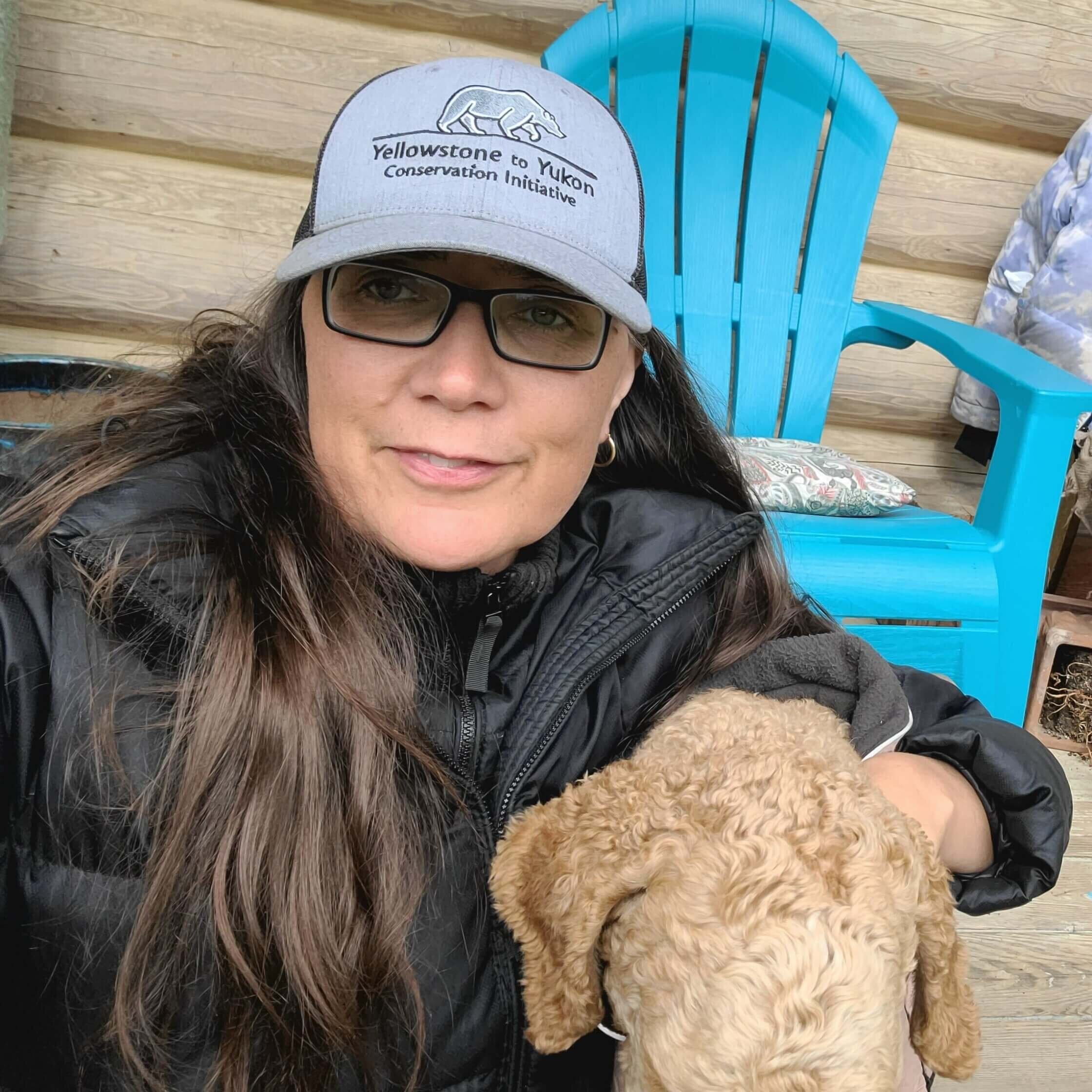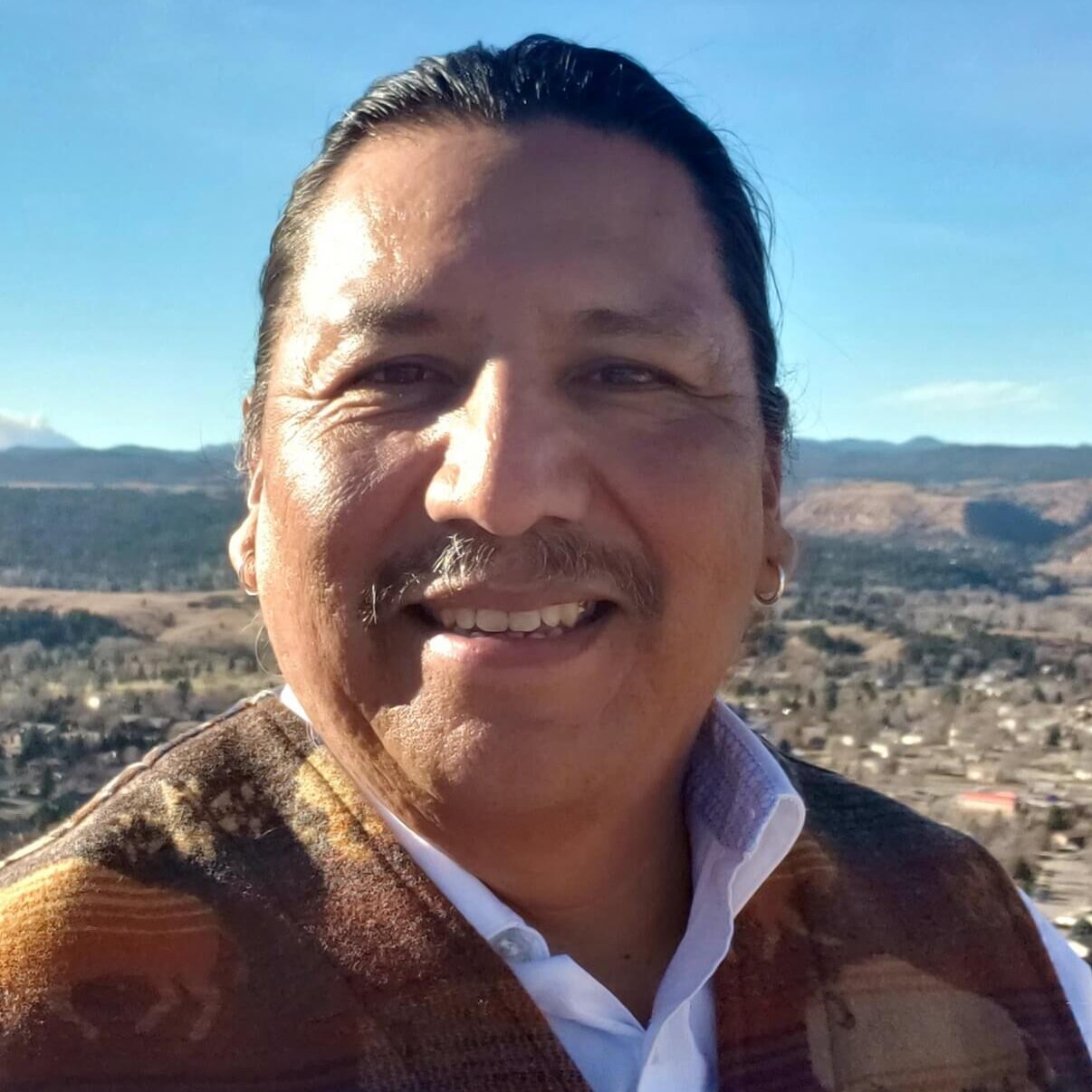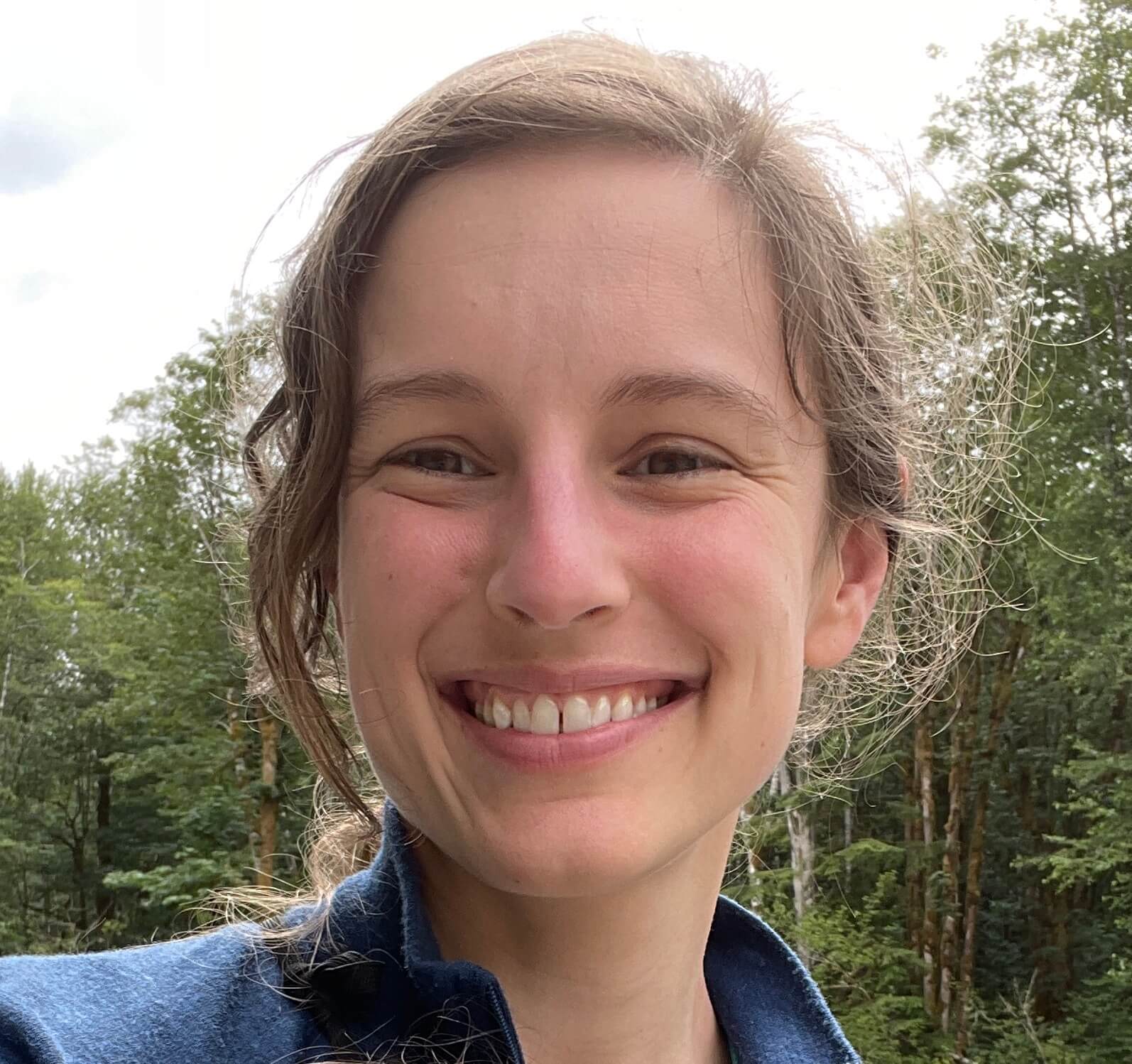Ethical Space: Indigenous Engagement for Environmental Science Professionals
This event is no longer available. If you have any questions, please reach out to admin@compassscicomm.org
Transform your relationships with Indigenous partners
Led by Gwen Bridge and James Rattling Leaf of Gwen Bridge Consulting in partnership with COMPASS’s Sarah Sunu, this interactive two-day workshop will introduce you to the practice of Ethical Space, a powerful conceptual framework designed to support the reconciliation of Indigenous and western worldviews in order to co-create a just and vibrant future. This is a unique opportunity to learn from two leaders in this space; there is nothing else quite like this in North America!
What is Ethical Space?
Indigenous Peoples are key partners for achieving natural resource management and conservation goals. But first, western science professionals need to understand how to collaborate with Indigenous partners in a spirit of respect and reciprocity. The practice of Ethical Space will expand your understanding of Indigenous worldviews and help transform your relationships and collaborations with Indigenous partners.
Workshop Outcomes
In this workshop you will:
- Learn about tools and resources to develop your plan for incorporating Ethical Space into your work with Indigenous Peoples
- Build your foundation of core knowledge about Indigenous issues in Canada and the United States, including the impacts of historical and contemporary policies on Indigenous land management
- Understand preparatory steps for ensuring a smooth engagement process with Indigenous communities
- Explore traditional ecological management and research in an Indigenous cultural context
- Meet others who are active in Indigenous engagement
Who could benefit from this workshop?
This workshop is open to anyone working on natural resource management, conservation, or traditional ecological knowledge topics who is or soon will be developing relationships with Indigenous Peoples and would like to improve their relationships and reciprocity.
“
You illuminated a path forward for one of the most complex social and economic challenges of our time.
~Christopher Nicolson, CEO CWSAA
Virtual Details
Our virtual workshops aren’t your typical webinar. We keep things moving and engagement high through a combination of facilitated group discussion; brief, relevant and interesting content presentation; and meaningful activities in breakout rooms.
By registering for this workshop, you are committing to active participation in the workshop, for the benefit of both yourself and the group. Please also plan to use a webcam whenever possible during discussion and breakout room portions of the workshop. Due to the progression of materials presented and the paired exercises, we cannot admit participants who are more than 15 minutes late. More information can be found in the FAQ below.
The workshop will be held on the video conferencing platform Zoom. If you are unfamiliar with the platform, this one-minute video explains how to join a meeting. You will need a webcam, microphone, and stable internet connection. Recommended upload/download speed is 5Mbps/5Mbps. Test your internet speed here by clicking “run speed test.”
Meet the Workshop Leaders

Gwen Bridge
Gwen Bridge, a member of the Saddle Lake Cree Nation in Alberta, Canada, works on developing relationships between Indigenous and non-Indigenous peoples to support better natural resource management and indigenous equity. Generating a deeper understanding of Indigenous knowledge and legislative frameworks by non-Indigenous peoples underlies all of Gwen’s work. She has worked with Indigenous nations in the US and Canada on natural resources management and indigenous rights protection, including as a hydrologist for the Mescalero Apache Tribe and a Restoration Ecology Manager at the Makah Tribe, and Natural Resources Manager for the Okanagan Nation. Gwen has run her consulting firm since 2010 and has worked with many Indigenous nations in Canada. Gwen supports municipal and provincial governments, non-profits, universities, and the corporate sector on Indigenous relations and engagement management, including the Cascadia Partner Forum on including Indigenous knowledge in the international climate change adaptation strategy. Gwen is currently negotiating trilateral governmental agreements to establish a National Park Reserve in the Lower Similkameen Indian Band territory and Caribou Recovery in the Okanagan Nation Territory. Gwen has a Master of Science in Renewable Resources from the University of Alberta, in Alberta, Canada.

James Rattling Leaf
James Rattling Leaf is a Global Indigenous Consultant and principal of the Wolakota Lab LLC who works to support Indigenous people’s nation rebuilding efforts through the effective and respective application of traditional ecological knowledge and western science. He has over 25 years of experience working with the U.S. federal government, higher education institutions and non-profits to develop and maintain effective working relationships with federally and non-federally recognized American Indian tribes, tribal colleges and universities and tribal communities. He specializes in developing programs that utilize the interface between Indigenous people’s traditional knowledge and western science. He sees a greater vision of human knowledge that incorporates the many insights of human cultures and provides a context for our better understanding of the planet and the worlds. Currently, he has projects with the University of Colorado-Boulder; North Central Climate Adaptation Science Center; Rosebud Sioux Tribe; GEO Indigenous Alliance; TerrAdapt and the Ecological Society of America Traditional Ecological Knowledge Section. He is a citizen of the Rosebud Sioux Tribe.

Sarah Sunu
Sarah believes in the power of conversation and common ground to build a world where people and nature thrive together. She connects people to each other and to the ideas, skills, and opportunities that can make change possible. Sarah has spent over ten years exploring the many ways people communicate about the environment – facilitating conversations that bring people together, developing new workshops on challenging topics, capturing the heart of a discussion through graphic recording, and distilling the essence of our work on the COMPASS Blog. Sarah has worked across the full suite of COMPASS activities, from leading trainings to writing grant proposals.
Sarah’s curiosity drives her to look for the story behind the story; an avid and omnivorous curator of information, she balances her drive to learn with critical thinking and compassion. She loves supporting people to come together in prosocial ways. Sarah earned a B.A. from Wesleyan University and an M.E.M. in coastal ecosystems from Duke University’s Nicholas School of the Environment. She lives in Seattle, Washington, on the lands and waters of the Coast Salish Peoples, who have cared for this place since time immemorial and continue to do so today.
Frequently Asked Questions
I need to arrive late/leave early. Is that ok?
We are unable to admit participants who arrive more than 15 minutes late due to the progression of material presented. You will not receive a refund if you are more than 15 minutes late. If you unexpectedly need to leave the workshop during a portion of the event or early, we cannot guarantee we will be able to readmit you to the workshop, depending on how long you are gone. Part of the magic of our workshops is the peer feedback and peer-to-peer learning that takes place. To ensure that is possible, we need everyone to be present for the full workshop.
My webcam doesn’t work. Can I still attend?
A functional webcam is highly recommend, but you can still attend as long as you are able to verbally participate in group discussion and paired exercises in breakout rooms.
Can I call in to the workshop?
This workshop includes visual content viewed via Zoom screen sharing and browser-based content, so we do not recommend that you solely call in to the workshop.
Will the workshop be recorded?
No. For the privacy and comfort of all participants, this workshop will not be recorded.
Will there be other dates or opportunities to join a COMPASS virtual workshop?
Yes! To stay up to date on our virtual offerings, sign up for our newsletter.
What does it mean to be waitlisted?
We create a waitlist for workshops that reach capacity so that we can offer spots as they become available. If there is a cancellation and a spot becomes available, we will open up registration for the first person on the waitlist and then work our way down the list as other spots become available. We will contact you directly to let you know if a spot has opened for you.
What is your refund policy?
If you have to cancel up to 7 days before the start of the event, you will receive an automatic full refund minus the Eventbrite processing fee if paid through Eventbrite. If you cancel within 7 days of the event, you will receive a 50% refund. If you cancel within 24 hours of the event, you will not be eligible to receive a refund. If you cancel within 24 hours, have technological issues during the workshop, or unexpectedly need to leave the workshop early, we will determine on a case-by-case basis whether or not you can receive credit for a future workshop.
Can I transfer my ticket to another person if I can no longer attend the event?
Yes! Participants are allowed to transfer their registration up to 24 hours in advance of the event. There is no charge to transfer registration, unless there is a price difference between the tickets.
Can I purchase tickets for other people?
Yes! You will need to have the names and email addresses of the people for whom you are purchasing tickets. To complete the purchase, you may enter “N/A” for the additional questions in the order form. Once the tickets are purchased, an order confirmation will be sent to the purchaser and to each participant. The participants can then retroactively fill out the additional questions in the order form.
Still have questions?
Contact us at trainings@COMPASSscicomm.org and we’ll do our best to answer them!